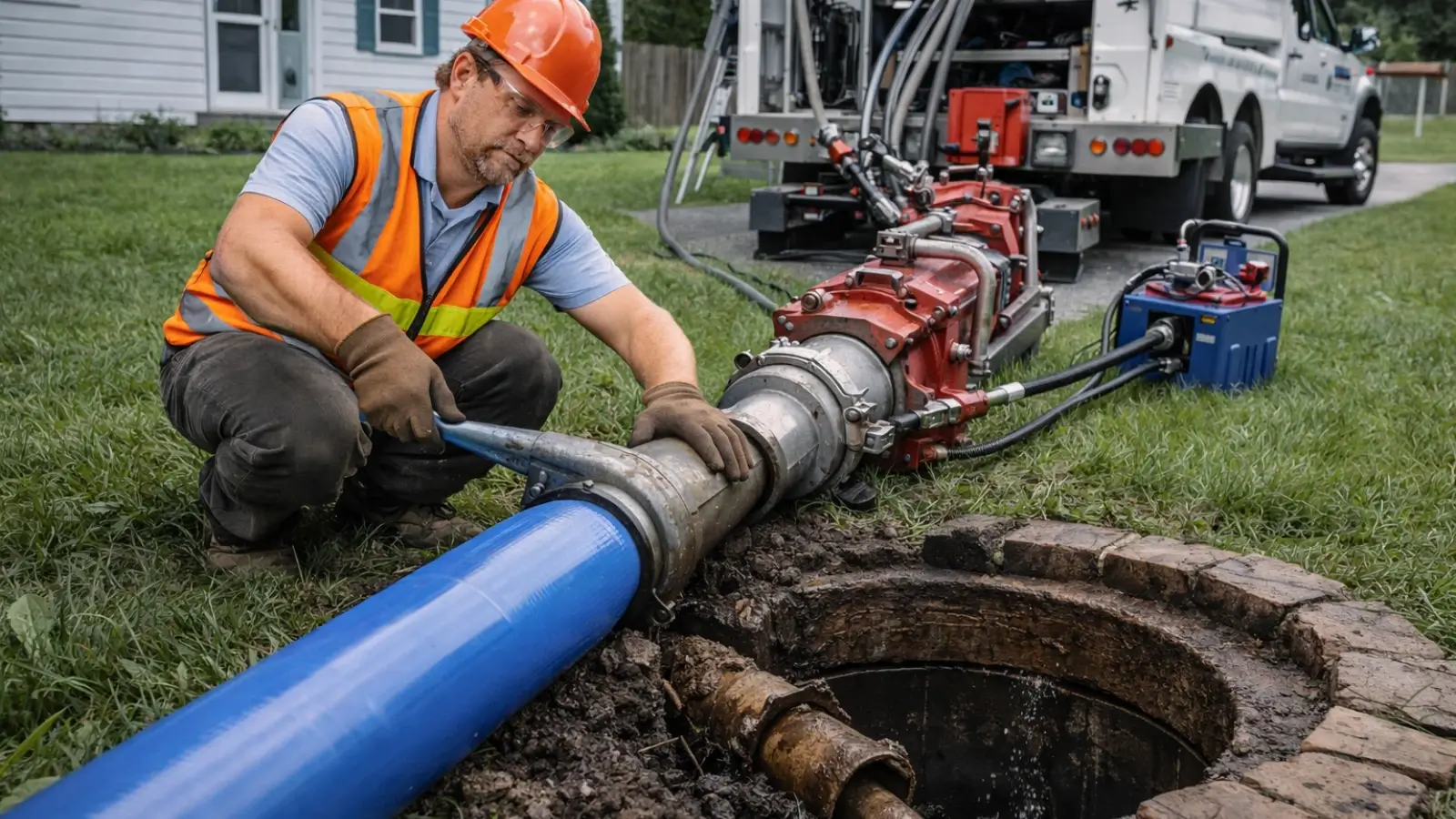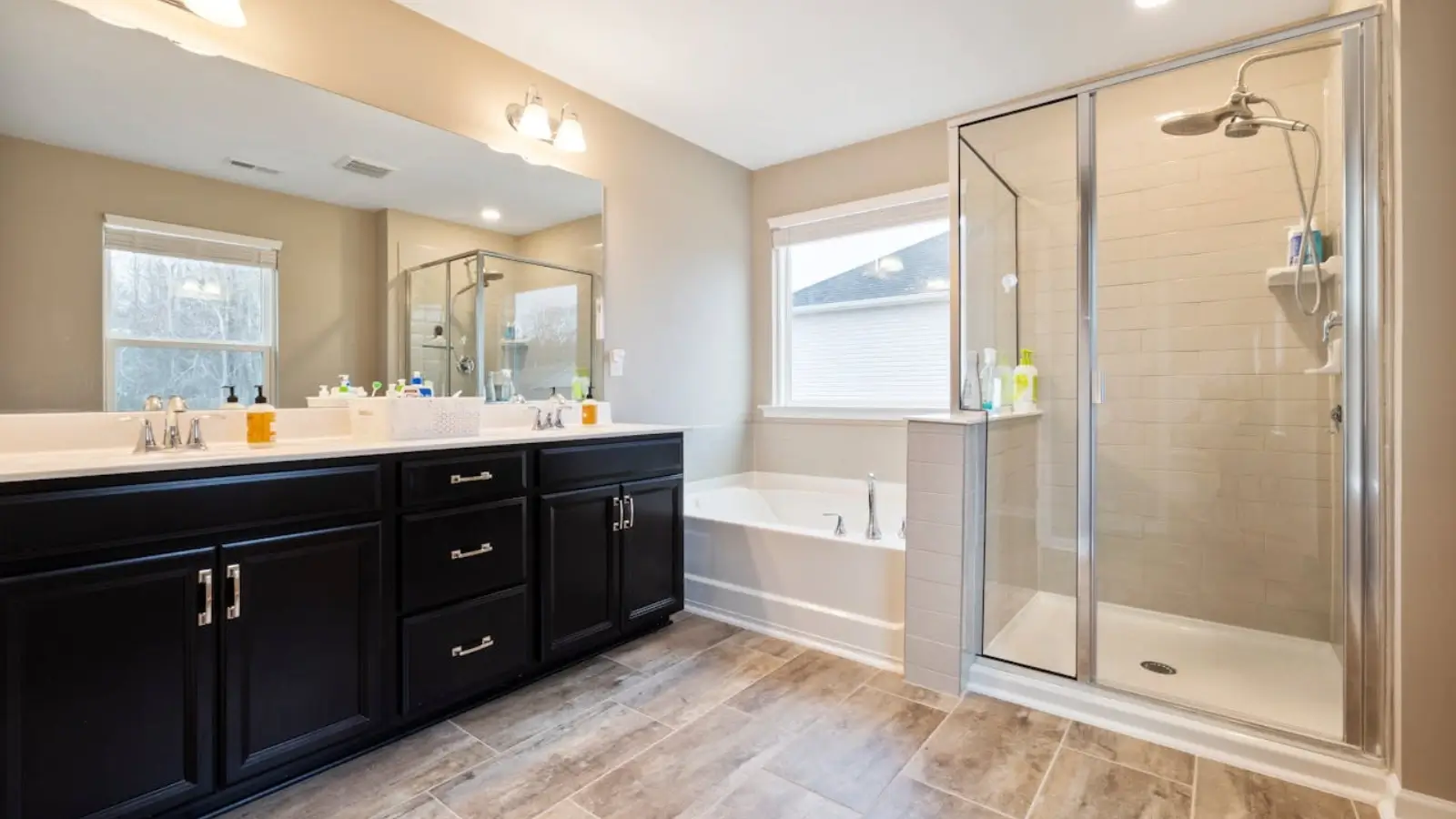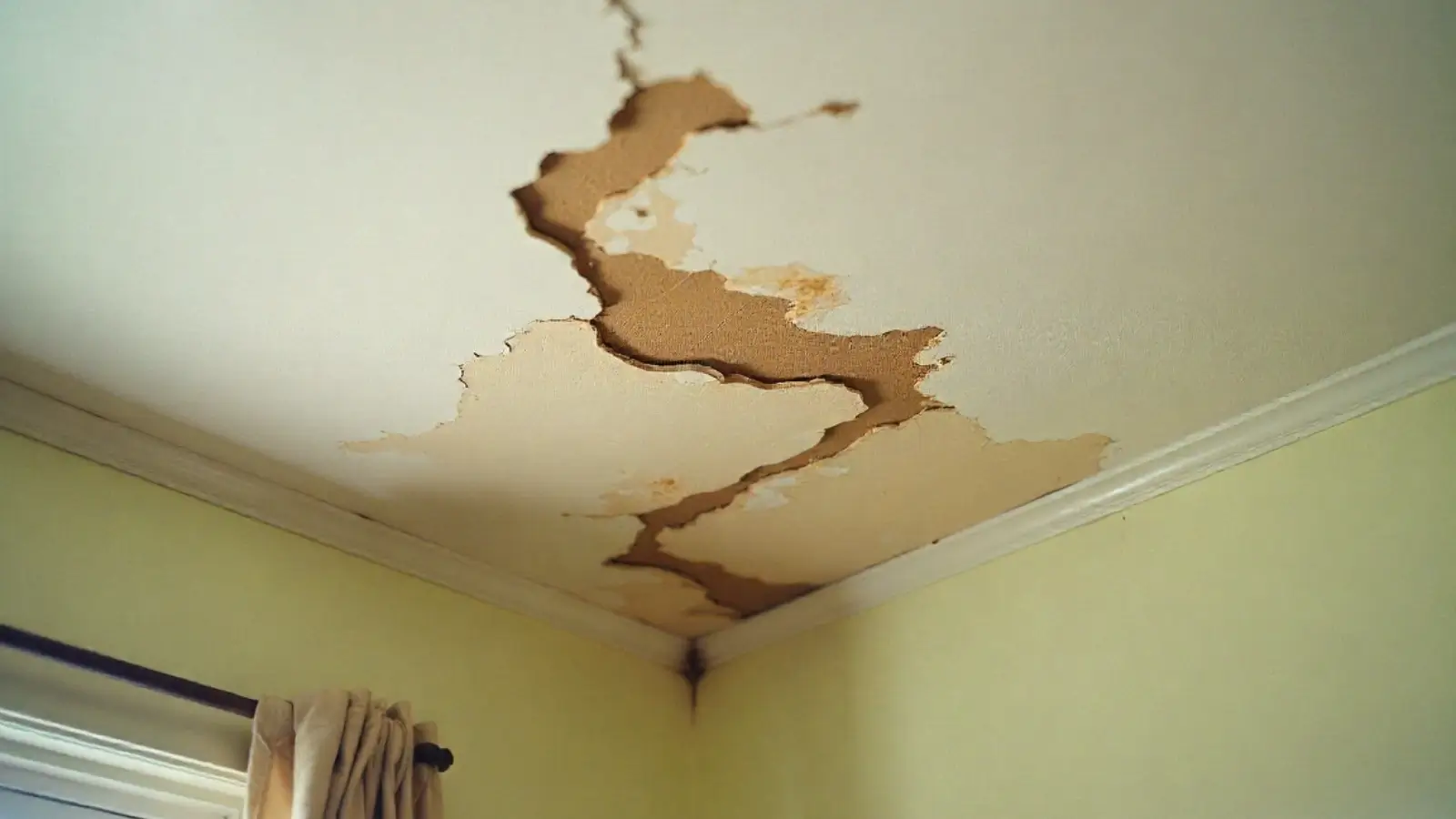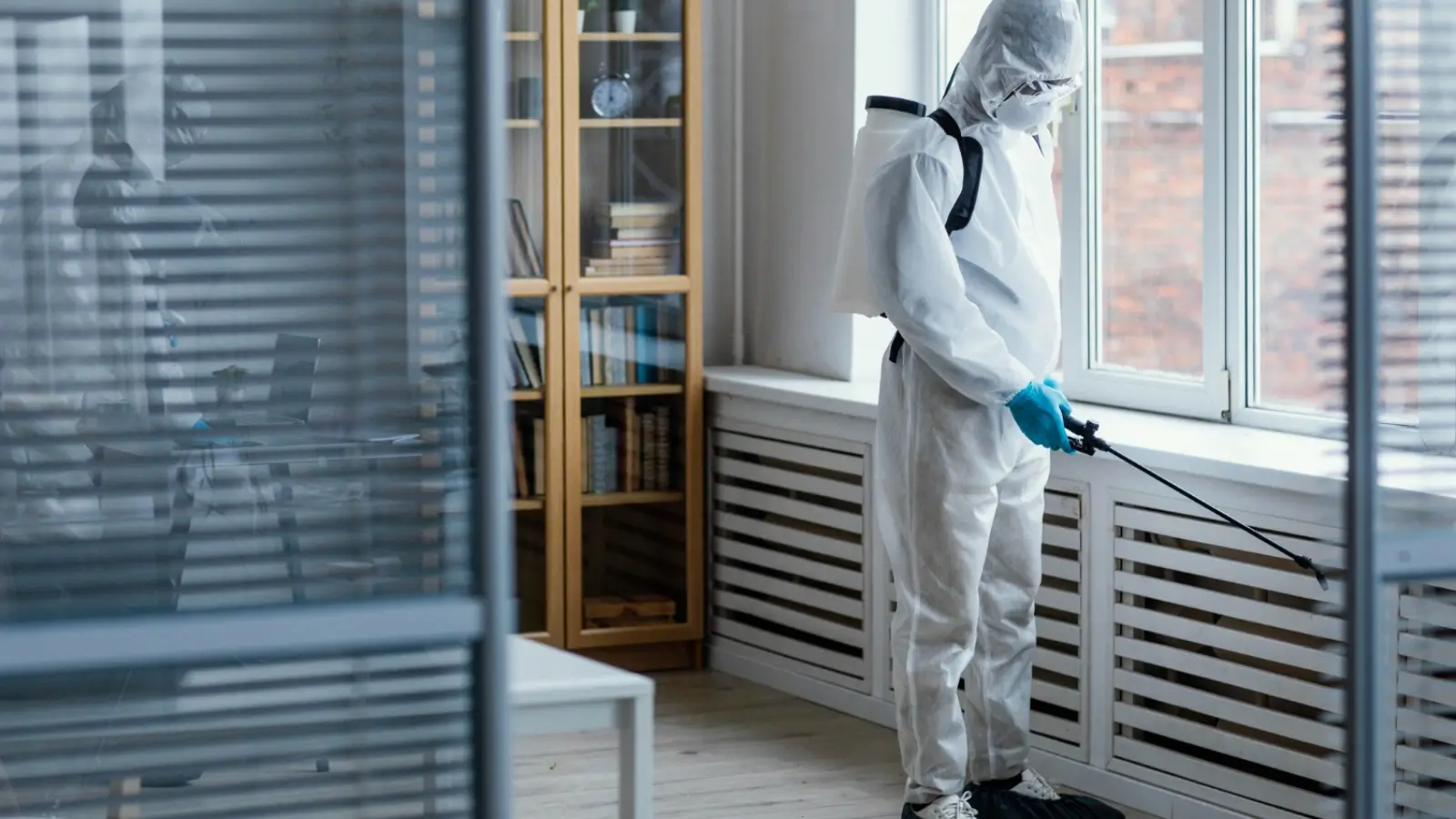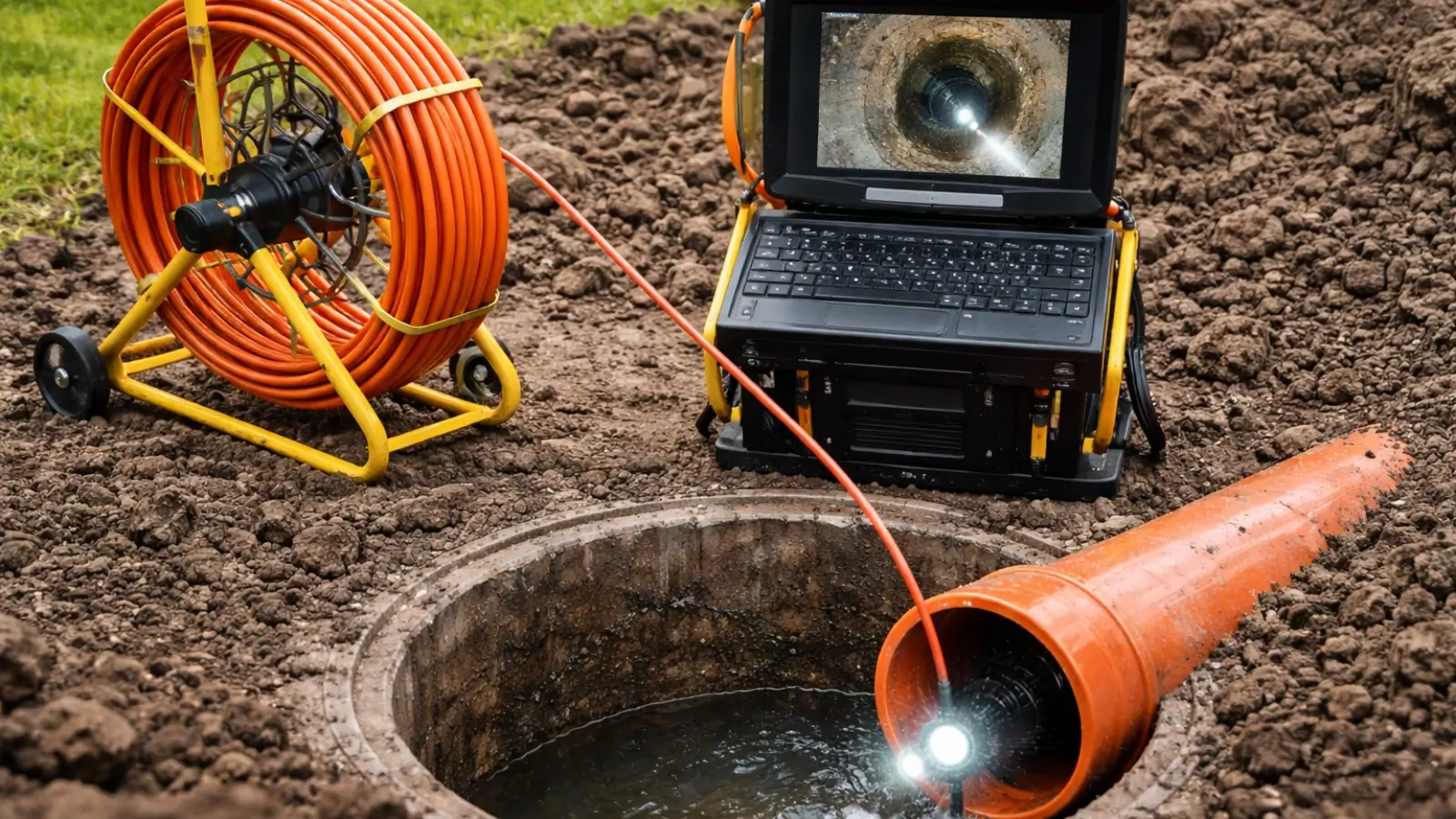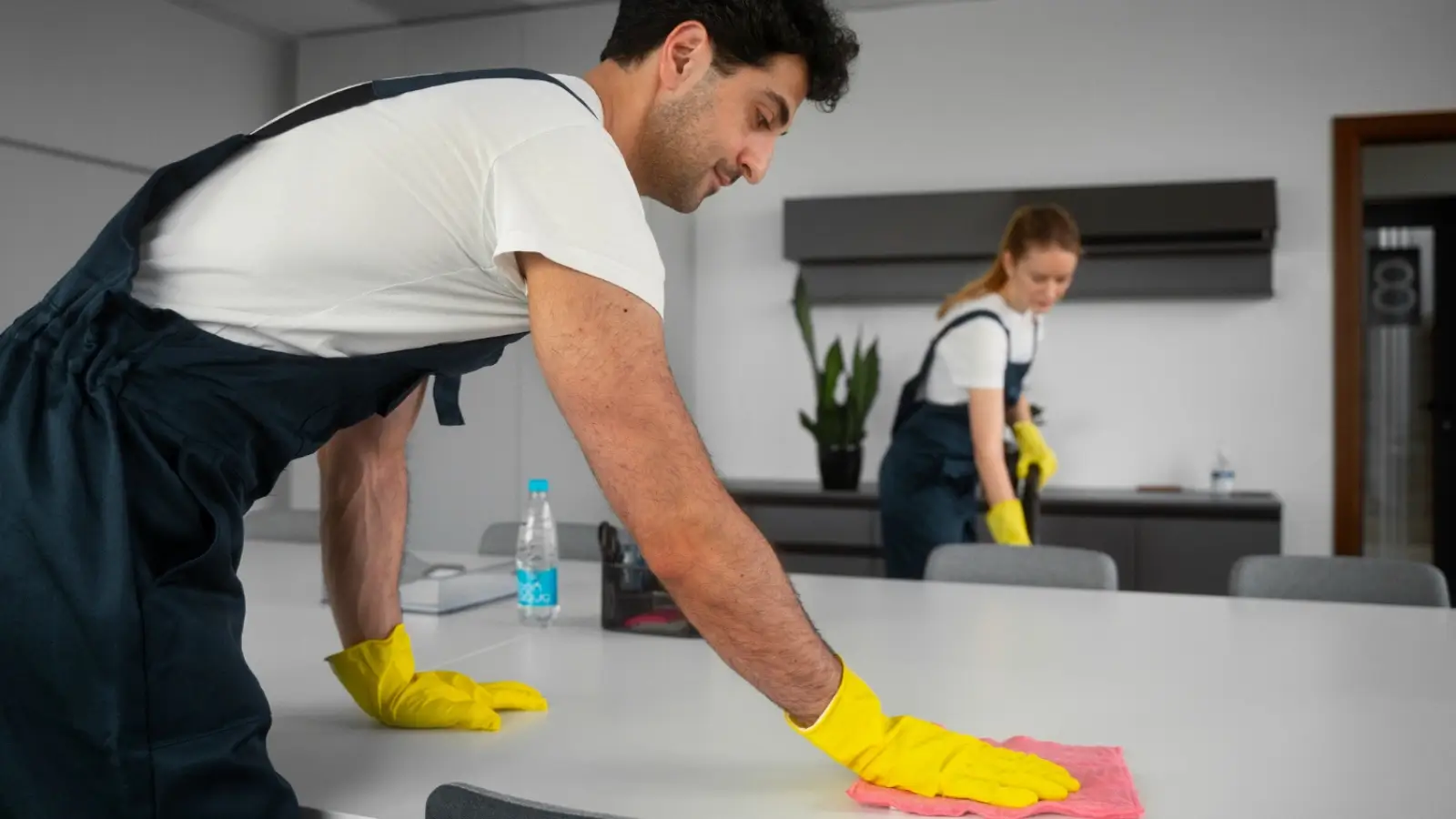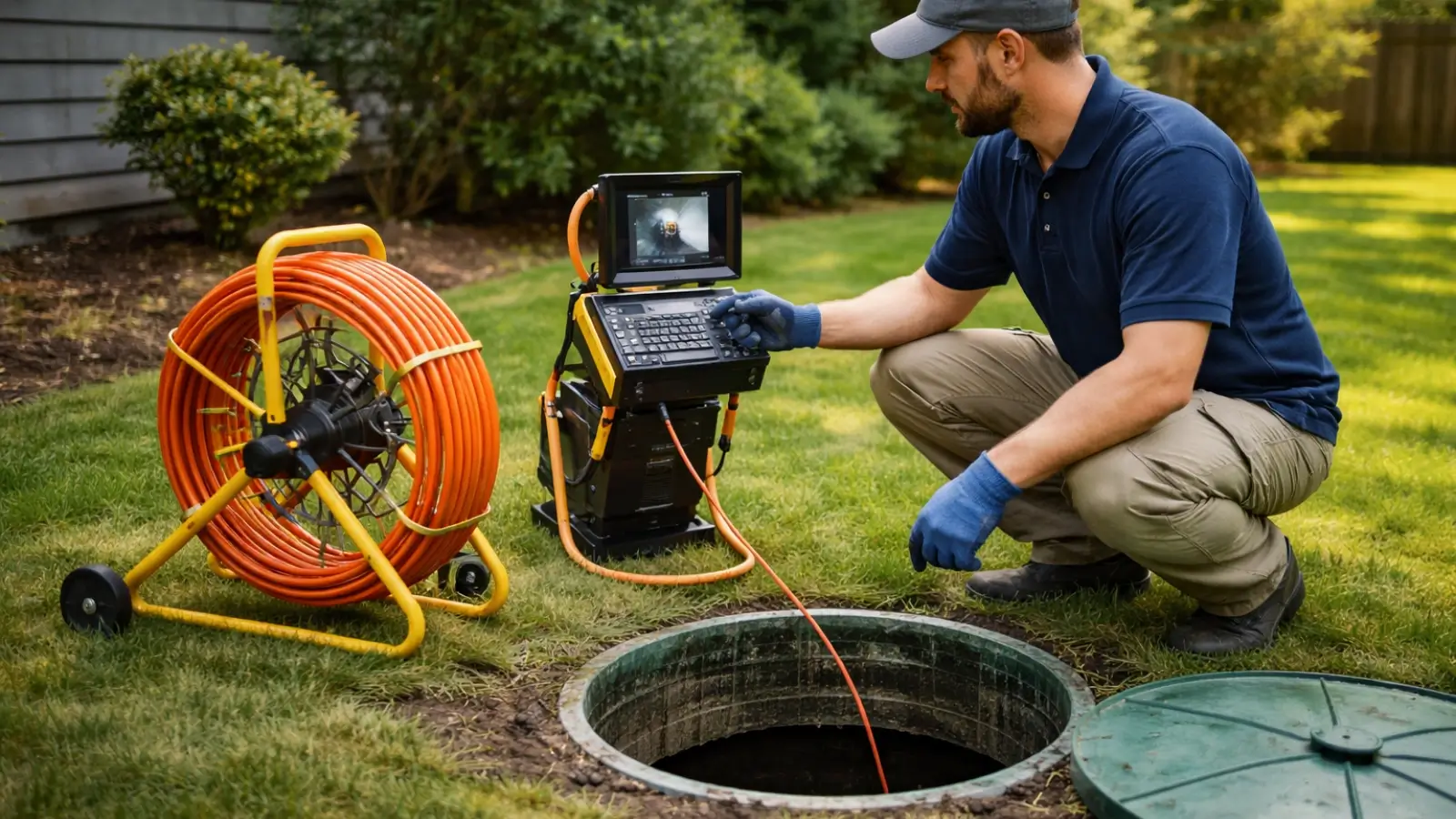Introduction
Heat pumps have been gaining popularity in both warm and cold climates, thanks to advancements in energy-efficient heating and cooling. Yet for every homeowner who embraces the technology, there’s another who’s skeptical—often because of outdated or inaccurate information.
From doubts about winter performance to confusion about installation, myths continue to swirl around this versatile system. And with heating and cooling being a major contributor to household energy costs, misinformation can lead to costly decisions.
If you’ve ever wondered whether heat pumps are really efficient, or whether they work in freezing weather, it’s time to separate fact from fiction.
Myth #1: Heat Pumps Don’t Work in Cold Climates
This is perhaps the most persistent myth—and one rooted in outdated technology. Early heat pumps did struggle when temperatures dipped below freezing. But modern systems, especially those designed for variable climates, can operate efficiently in temperatures as low as 5°F, and in some cases, even lower.
Today’s models use advanced compressors and refrigerants that extract heat from the air—even when it feels frigid outside. While auxiliary systems may be required during extreme cold snaps, the idea that heat pumps “fail” in winter is no longer accurate.
Proper sizing and professional installation by an experienced HVAC contractor are key to ensuring cold-weather performance.
Myth #2: Heat Pumps Only Provide Heating
Despite the name, a heat pump does more than heat—it cools too.
Unlike a furnace or boiler that only provides warmth, a heat pump is a two-in-one system. In the summer, it reverses the flow of refrigerant, removing heat from your home and releasing it outside—essentially acting as an air conditioner.
This dual function makes heat pumps particularly attractive for homeowners seeking year-round comfort without the need for separate systems. It also helps simplify maintenance and long-term budgeting.
If your current system includes both an AC unit and a furnace, switching to a heat pump could streamline operations and improve efficiency.
Myth #3: Heat Pumps Aren’t Energy Efficient
This myth couldn’t be further from the truth. In fact, energy efficiency is one of the primary reasons homeowners choose heat pumps.
Unlike traditional heating systems that burn fuel to create heat, heat pumps transfer heat using electricity and refrigerant. This process is significantly more efficient—often producing 2–3 times more energy in heat than they consume in electricity.
Over time, this efficiency translates to lower utility bills, especially in regions with moderate to cold climates. And with rising fuel costs, the savings from a well-performing heat pump system become even more appealing.
Homeowners considering heat pump replacement in King County for an older, less efficient system can expect noticeable performance gains.
Myth #4: Heat Pumps Are Noisy
Some older systems were notorious for humming, buzzing, or vibrating—especially when placed near windows or on uneven pads. But advancements in modern technology have led to quieter, more reliable operation.
Today’s heat pumps include insulated compressors, variable-speed fans, and improved mounting systems that minimize vibration. When installed correctly, noise levels are often lower than traditional AC units or furnaces.
If your existing unit is noisy, it might not be the heat pump itself—it could be an installation issue or a sign that maintenance is overdue. A routine inspection by an HVAC contractor can quickly identify the source.
Myth #5: Heat Pumps Require Constant Repairs
Like any mechanical system, heat pumps require regular maintenance to function efficiently. However, the notion that they’re fragile or prone to frequent breakdowns is misleading.
When installed correctly and maintained on schedule—such as filter replacements, refrigerant level checks, and coil cleanings—heat pumps are known for durability. In fact, their simplicity (no fuel combustion or flue gases) often results in fewer mechanical failures over time compared to more complex gas-based systems.
Of course, no system is immune to wear and tear. But with professional care and timely service, heat pumps can provide reliable comfort for 15–20 years or more.
For homeowners seeking to reduce the risk of emergency heating repair, staying ahead of basic maintenance is the smartest strategy.
Myth #6: Heat Pumps Are Only for New Homes
Heat pumps are often associated with new construction and energy-efficient home builds. But they can also be retrofitted into older homes—often more easily than people expect.
Thanks to ductless mini-split systems and flexible installation options, heat pumps can be installed in homes that lack traditional ductwork or have non-standard layouts. These systems are ideal for historic homes, additions, or spaces that previously relied on baseboard heaters or window units.
Retrofitting may require a custom solution, which is why working with a knowledgeable HVAC contractor is essential. The right team can evaluate your existing infrastructure and recommend a system that meets your comfort goals.
Myth #7: Switching to a Heat Pump Isn’t Worth It
For some, the upfront cost of heat pump replacement may seem steep—especially when compared to traditional systems. But considering long-term value tells a different story.
Lower energy bills, reduced maintenance costs, longer lifespan, and potential eligibility for rebates or tax incentives all contribute to significant return on investment. And with increased focus on energy efficiency and sustainability, heat pumps are becoming a forward-thinking choice for many homeowners.
When evaluating cost, homeowners should consider:
-
Energy savings over time
-
Longevity and fewer repair needs
-
Dual heating and cooling functionality
-
Property value improvements
In many cases, the long-term payoff is well worth the initial price tag.
Final Thoughts: What This Means for You
Misinformation about heat pumps often discourages people from exploring an option that could greatly improve their comfort, energy use, and home value. But with updated knowledge and guidance from a reputable HVAC contractor, these myths can be replaced with clarity and confidence.
Whether you're facing an aging system, rising utility costs, or simply want to explore more efficient technology, a heat pump deserves consideration—not dismissal.
Brands like PMG Mechanical understand that every home is different, and decisions about HVAC systems should be based on facts, not fears. If you're curious about how a heat pump could work in your space, start by asking the right questions—and leave the myths behind.










